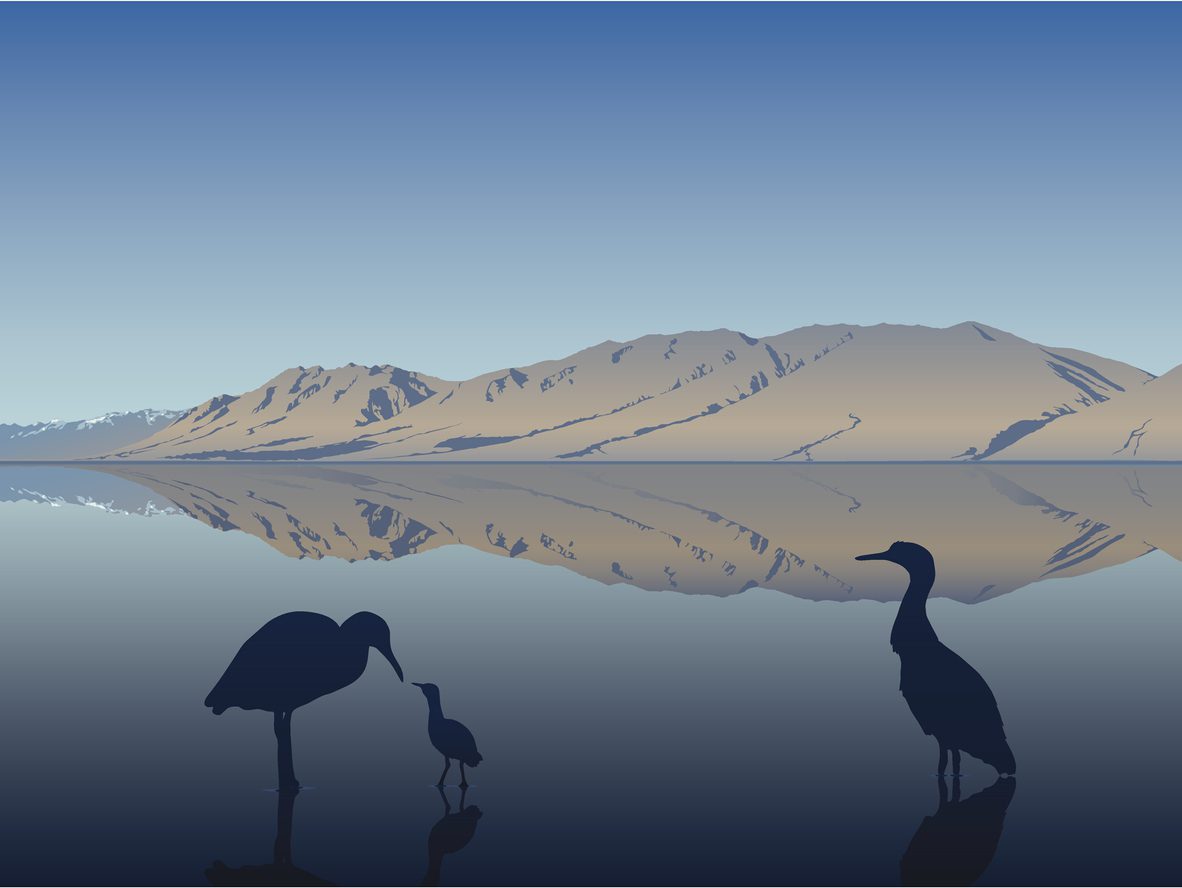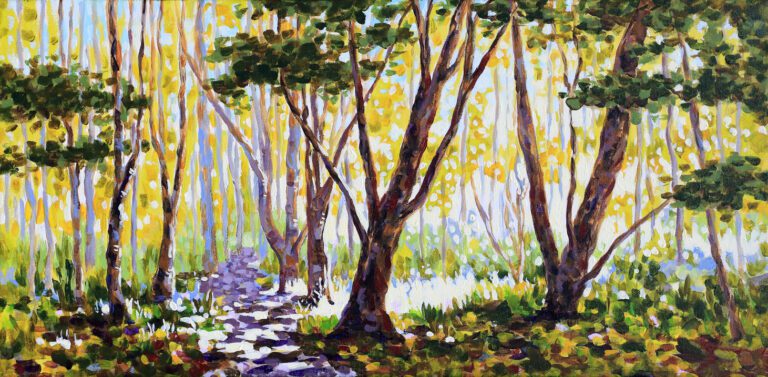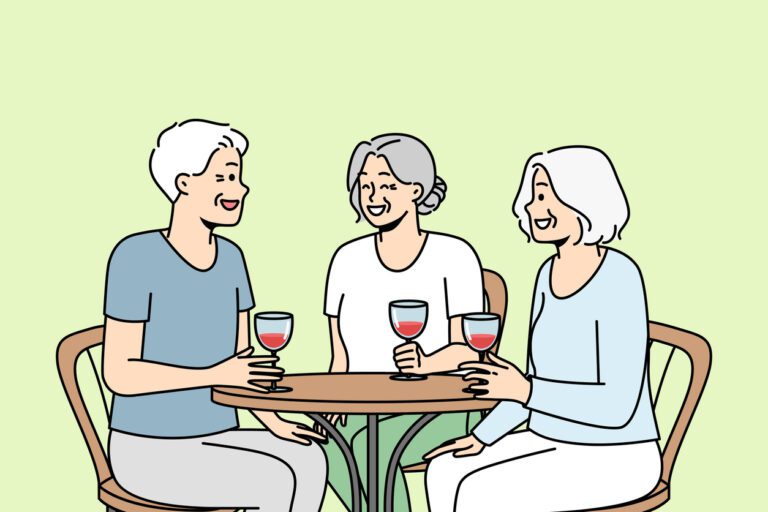My mother worked for the Matthews family all her life. When my goga (grandmother) died in the hills of Zululand, I came to live in the village, too. It was very different from being in the kraal, where in our rondawel, or hut, I slept with goga and the goat and the hens. I washed your clothes in the river. I ground the maize, collected buckets of water, gathered firewood and walked the long dusty road to school with my slate in my hand.
Village life was very different. There was electricity and running water. I shared a cosy kia with my mother. I was 10 then. As there was no Zulu school nearby,Madam said she would teach me to read and write in English. She bought me brightly coloured books. We hadn’t had any books in our school in the kraal. We Wrote in the sand when our slates broke. The teacher had an old blackboard on an easel.
There were three children in the Matthews family, the oldest the same age as I was, and she played with me and let me share her toys. Then Madam had another baby, Andy. He was very thin and sickly and I helped to look after him. I pushed his pram and rocked him to sleep. I sang Zulu lullabies to him and taught him to clap his hands.
Over the years our peaceful life began to change. Crime became a terrifying experience. We had to make sure all the windows were barred and the doors were locked. My mother didn’t allow me even to walk to the little shop on the corner anymore. On one of my mother’s days off she was stabbed and her money stolen. We became frightened. Then a few years later the bass (master) was shot at work. He was lucky as the bullet merely skimmed his leg, but one man was killed.
The Matthews family began to talk about leaving the country.My mother became very upset as she and I had no other home, no other family. One of her friends in a nearby street had been left without a job when her madam and baas sold up and went to a place called England, so it was a very real danger for us.
One day my mother and I were at home with Andy. She had been outside hanging out the washing; when she walked back to the house three Tsotsi intruders were at the door. She screamed ‘Humba!’ (‘Go quickly!) to me and I heard enough to know that I had to take Andy Upstairs to his room and lock ourselves in. I was terrified andAndy was sobbing as we heard frightening noises from below, then my mother’s screams. We heard shots being fired but we didn’t move.
It seemed an endless time before Madam and Baas came to rescue us. Madam said, ‘Thank God,’ as she clutched Andy to her heart. She cried as she gave me a hug, too. She told me my mother had been murdered, trying to protect us. The burglars had ransacked the house. Madam said everything could be replaced, but not my mother. I screamed and wailed and threw myself about in the torment of grief. How could I live without my mother? The family said they would care for me. I was nearly 16 then.
Baas was even more serious about leaving Zululand and he began talking of a place called New Zealand. Fear clutched at my heart. One day Baas andMadam sat me down and said they were leaving to live far away and if I were prepared to go, they would take me, too. I didn’t know where this place called New Zealand was, if it was a few hours’ drive away, or where, but I said ‘Ja’. Wherever they went, I would go, too. Apparently it was very difficult to get papers for me but finally everything was arranged and we were all leaving for this lovely safe place of NewZealand. There were parties as friends and family came to say goodbye to the Matthews. Most people were amazed that I was included, but Madam explained that it just wasn’t fair to leave me on my own.
“She’d be raped in the first five minutes if she had to go to a township,” I heard her say. “She’s been brought up in our home and she just wouldn’t fit in anymore and at such a young age, who would employ her? Anyway I owe it to Nellie, who worked for us for years.”
I was petrified when I heard we were going in an aeroplane. I sat next to Andy and held his hand so tightly he cried. I couldn’t believe we’d stay up in the air. At last we arrived. Auckland. I had never in my life seen such a huge, busy city. So many people; they even walked diagonally across the road when a little green man appeared on a pole. Madam said they were traffic lights. We called them robots but in the village we’d left behind there was only one small set in the main street. And the shops! So big and packed with so many things. I spent my first few days gazing in wonder at everything about me. I’d never seen grocery stores like these and all that meat. We’d had one musty old shop run by an Indian, which smelt of curry and he wrapped our bread (only white or brown) in a piece of newspaper and took a big knife to chop pieces off a bar of blue soap. Here, there were so many different kinds of bread and milk and biscuits and tins and tins of food. I saw no sugarcane growing and not even one goat. No noisy hadeda birds who woke us in the mornings with their loud squawks and told us when to cook our samp and beans.
Eventually, we all settled down in this strange new place. It was odd not seeing Zulus walking about. Everything was so quiet, and so clean. No plastic bags orJuba beer cartons littering the gutters and streets. Even the smell was different. And no maids. All the madams did their own work, which seemed very strange to me. I didn’t know how these white people managed to go to work, look after children as well as cook and iron and clean the house. Madam and Baas found work. Madam said I was now to call her ‘Felicity’, not even ‘Missus’ and never ‘Madam’ in this new country. I tried very hard, but often forgot. But I could never call the baas anything but ‘Baas’. The children went to school and I did the housework. I was given strange money called dollars. It was quite safe here and I didn’t have to pin my money inside the bodice of my dress when I went out. Everyone walked safely and you couldn’t smell fear in the air. Felicity said I wasn’t to wear my uniforms anymore but to dress like other young girls. She bought me some jeans and skippies, which are called t-shirts here. Zulu women never wear trousers and I was so self-conscious and uncomfortable in them. I also wore a hat, called a beanie, instead of my usual doek, or headscarf.
If I had any complaint, it was the weather. Where was the heat in the sun? The wind always seemed to howl, which made me feel homesick for the hot, real heat of Zululand. Apart from that, everything was the same, as time went on, except … Except, I’d met a man. I’d never thought of having a life of my own. I’d always known I was a maid and I’d work for my family forever When the madam died I’d carry on working for one of the children. That was what happened in Africa and you were lucky if you found a good family.
Almost every day I used to go to the greengrocer, a 10-minute walk down the road. It was owned by a Chinese man, with a friendly, round face. He used to talk to me. I was very shy and wasn’t quite sure what was expected of me, but I answered all his questions. Then one day he asked my name. “Triphena,” I said. He told me his name was Sem. After that I’d often find a little chocolate bar when I unpacked the fruit and vegetables. I’d thank him on my next visit. We’d talk about the weather. Then he began to ask me about my life. After a few months, he told me his wife had died. He looked quite old, but you couldn’t tell with his kind of round face. One day he asked me if I’d like to go out with him on Sunday after he closed his shop. I was so surprised, I couldn’t speak. I couldn’t understand what this was about but I didn’t feel afraid, so eventually I said “Yes”.
Sundays were always casual in the Matthews home and we often went for a drive exploring different places. But this Sunday I said I’d stay at home. Sem and I went for a lovely long walk along the beach, stopping to feed the seagulls and watching the children swing. The sea seemed so gentle here, not like our fierce Indian Ocean, although I’d only seen it once when the family visited Durban and took me with them. Here, everything seemed calm and gentle. Sem took me to a café and we drank coffee and ate fancy chocolate cake.
After a while I told Felicity and Baas about Sem. Felicity said she would have to go to the shop and give Sem an “inspection”. “He seems very nice,” she said. Baas insisted that I be careful as a young girl could never be certain about a man. “It’s long overdue for you to have a chat with Triphena,” he said to Felicity. We chatted, or rather Felicity spoke and I listened and I promised to be very cautious. Sem and I continued our meetings and had picnics and coffees and went to the movies. I’d never been in a picture house before. Back in Africa it was called a bioscope, but only white people went. It seemed strange that I could live a life like this, where I was free to enjoy myself. Sometimes I couldn’t believe it was true. It was like a dream.
I came to trust Sem and it was good to have a friend all of my own. Sem’s face lit up when he saw me and I felt a warm glow in my heart. My days wouldn’t have been complete without him. We continued in our easy friendship and then one day Sem invited me to his home. The family lived on the North Shore and Sem’s shop was there, but we drove in his car over the Bridge to Mission Bay. It looked a very posh part of Auckland. I remember once the family saying it reminded them of Cape Town. He drove up a long driveway and then parked at the door. I thought we were going to a hotel or a restaurant, but this was actually his house. There were palm trees in the garden and the house was filled with beautiful furniture and statues. I’d never seen anything quite like it. There was a magnificent sea view from the deck. We sat there sipping lemonade out of tall glasses. “Is this really your house?” I asked with wonder in my voice.
“Yes,” he replied. “I live here. I’m very lonely since my wife died, and I’d like to ask you to marry me.” I couldn’t believe my ears. “I’m black!” I blurted out. “I’m from Zululand, how can I marry you and I could never live in a house like this!”
“I don’t care what colour you are. And why can’t you live in a house like this? You’ll get used to it, Triphena. I love your sweet nature. You are how girls used to be a long, long time ago, and I’d be very privileged if you would be my wife.” He looked at me with such tenderness and love. I’d never experienced anything like this. “But I belong to the Matthews,” I protested. “I can’t leave them and get married.”
“Why ever not? You’re not a slave. No one owns anyone else. You are your own person. Come, we’ll go together to speak to them.”
Of course the family was thrilled for me, after they got over the shock. A wedding was arranged. Sem had a wide circle of friends and it was in his home. It was a happy day. We were showered with gifts. Felicity made me a long white dress and said I looked lovely and she was very proud of me. Sem made a speech: “To my ebony goddess,” he said. “I adore you for your sweet shyness and I’ll love you forever.”
Andy cried when he realised I wouldn’t be his nanny any more. Felicity said although she was thrilled for me, she’d now have to give up work so she could be at home when Andy returned from school. “And I’ll have to learn to iron and vacuum!” she said. Baas said Felicity should maybe get a part-time job.
Sem immediately said he had a job for Felicity, if she’d take it. “I do a lot of entertaining,” he said “and I’d love you to help Triphena.” None of us realised Sem was a millionaire, with four fruit and vegetable shops in Auckland. Felicity now comes to our house twice a week, sometimes three, and she helps me plan dinner parties and teaches me to arrange flowers and fold serviettes.
Isn’t life strange? I’m now the madam and Felicity works for me. I wonder what my mother would say.
About the author: Norma Riley
Norma, born in South Africa, emigrated to New Zealand 23 years ago in “one of the best decisions of my life”.
Norma has written all her life and presently is working on a novella. She confesses to being a very undisciplined writer: “Life gets in the way and always seems to win!”
However, she is a member of the International Writers’ Workshop (IWW) which keeps her on track. Apart from being a voracious reader, Norma’s other loves are travel, having visited 32 countries with two more to add this year, plus all forms of movement, from belly dancing to gym. She is a health-conscious vegetarian.







